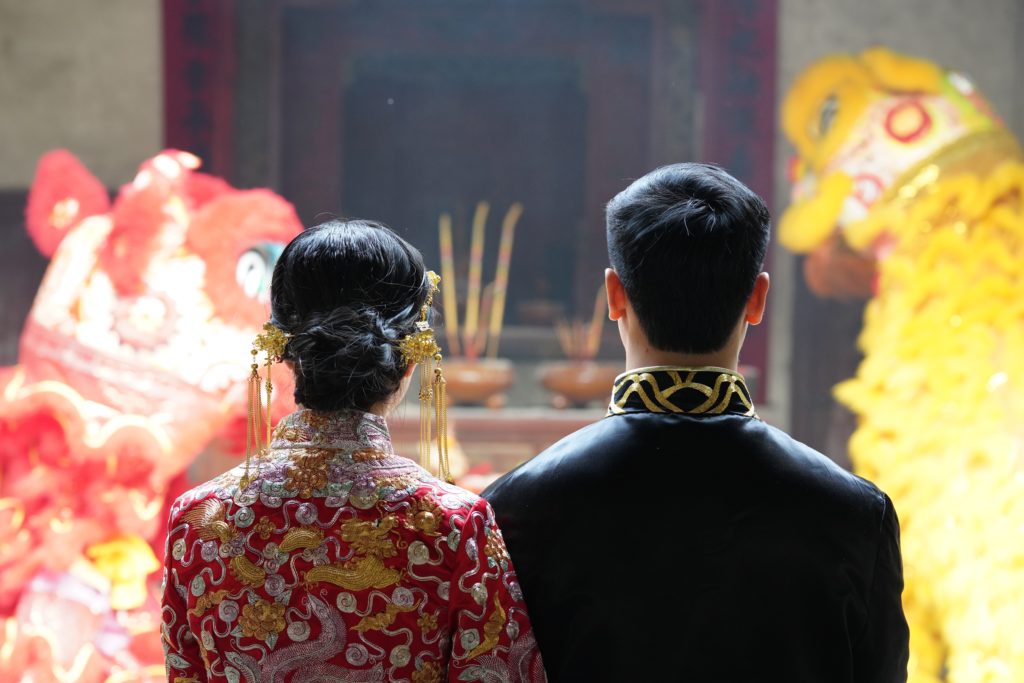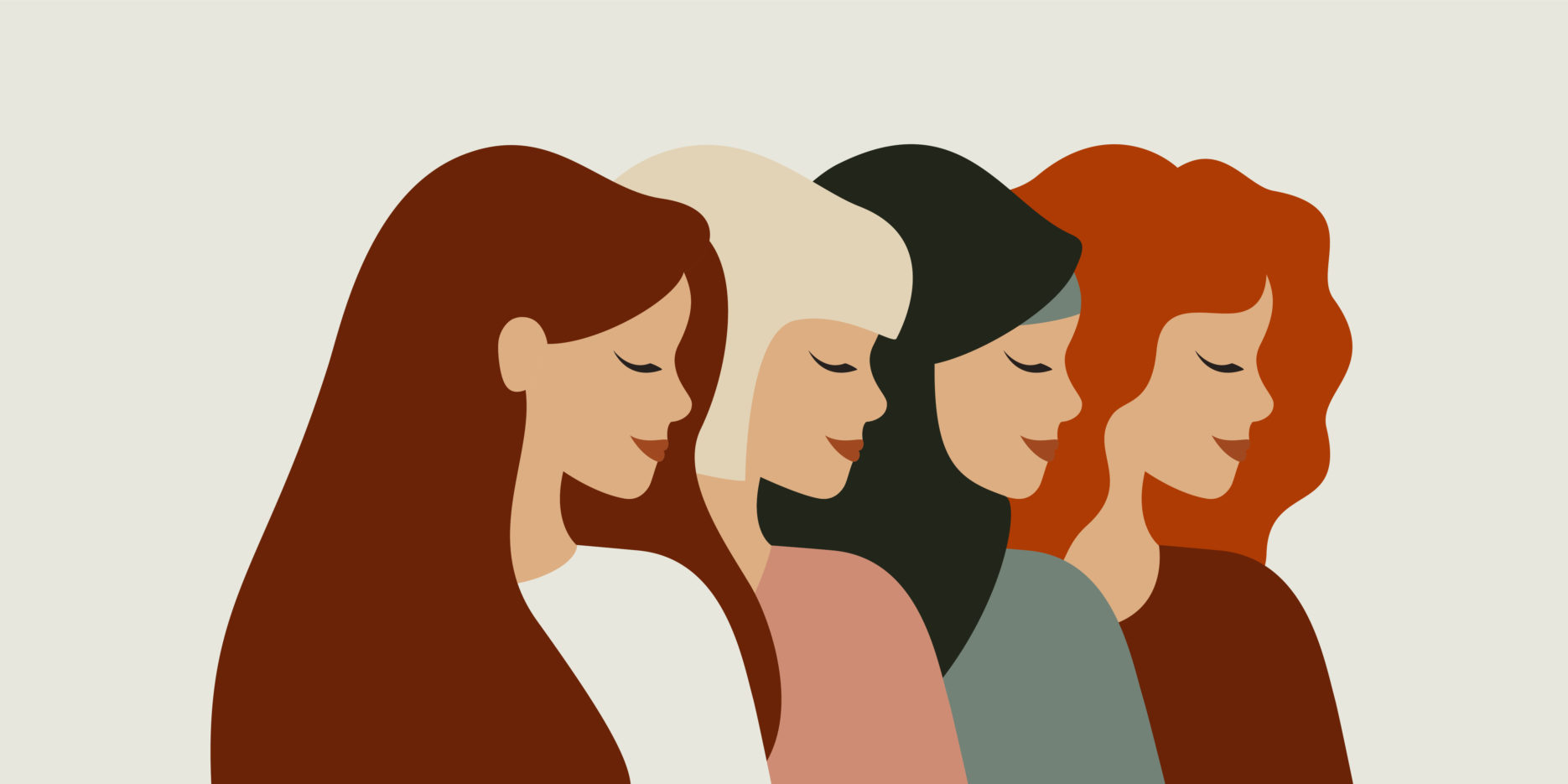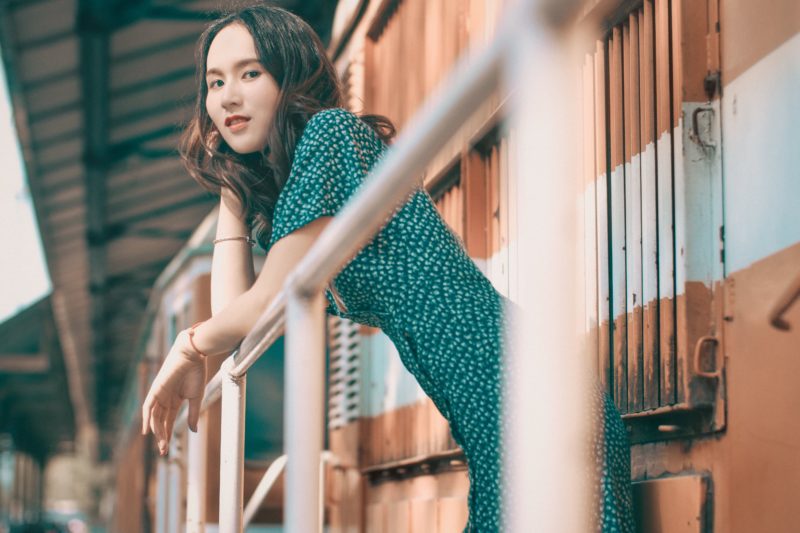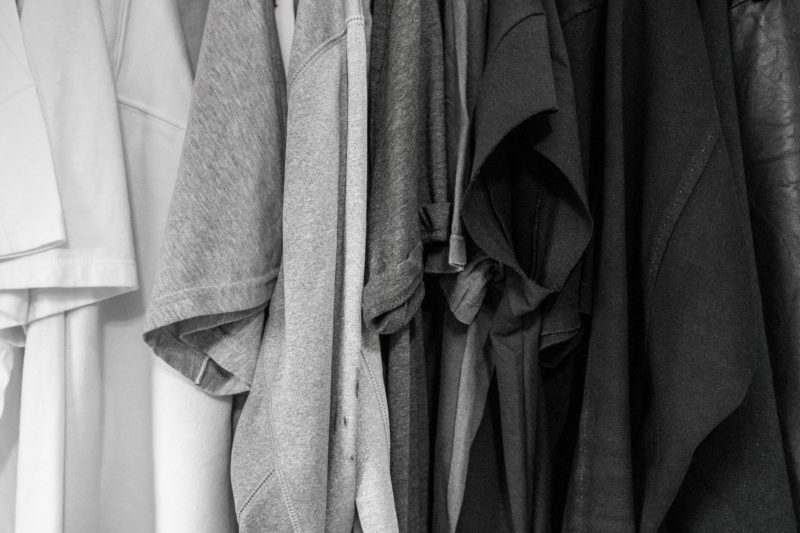While Mao once described women as “holding up half the sky”, this goal of gender equality hasn’t been reflected in all aspects of life and society in China. Cultural expectations related to family duties, behaviour and looks are put onto Chinese women from a young age.
Social pressures on women
Social pressures dictate that women must be married by a certain age – the term “leftover women” or “shengnu” (剩女) has been widely used to describe women in their late 20s who are still single. “Marriage markets” are common in parks in Chinese cities where parents or grandparents go to find their single children a partner. They come armed with a CV-like advert containing their children’s educational status, work, income, height. Men are not excluded from these pressures… they are expected to own a house, car and earn a high enough salary.

While these attitudes are relaxing, especially in cities, their continued existence reflects the pressure on young Chinese women and men to conform to certain expectations. Among other issues, the majority of women are also still expected to take on more domestic tasks; many companies offer little entitlement to maternity leave; there is little protection for women who suffer domestic abuse; and there are few women at senior levels in the Chinese political system.
Social media and TV shows bring about discussion of women’s rights
However, in the last five years, the conversation about women’s rights and female empowerment in China has grown. China’s history and culture define many of the gender stereotypes and assumptions that still exist, meaning that different issues have dominated the discussion in China, compared to feminist awakenings in Western countries. Political restrictions mean that the movement is organised in a different way: while protests and petitions are often used in the UK, these are not tools of social change which are adopted in China. Much of the recent discussion of women’s rights in China has originated on social media as users share their thought on trends, media, campaigns and news stories.

Social attitudes towards women has also been explored by several prominent TV shows in recent years. All is Well’s (都挺好) discussion of the conflict between traditional roles of women within the family and workplace and their individual pursuit of having a successful career stirred up a debate about the pressures on women in modern society. This year, the TV shows Sisters Who Make Waves (乘风破浪的姐姐) and Nothing But Thirty (三十而已) examined the social assumptions associated with women in their thirties. They were both extremely widely-viewed and provoked extensive discussion on Weibo; Sisters Who Make Waves was even the basis of Audi’s latest campaign.
Female roles will remain a hot topic in China
China’s rapid economic change has also brought extensive social change, and this also applies to gender attitudes and equality. Due to China’s status as the second largest economic power, Chinese women as a collective – there’s 682 million of them – have a huge amount of spending power which they can use to influence trends and hence change social attitudes. Young Chinese are bored with stereotypical depictions of looking and acting a certain way, and are expressing this online and through their growing purchasing power.
If you enjoyed this piece and want to contribute an article to Dao, please get in touch with the team.









